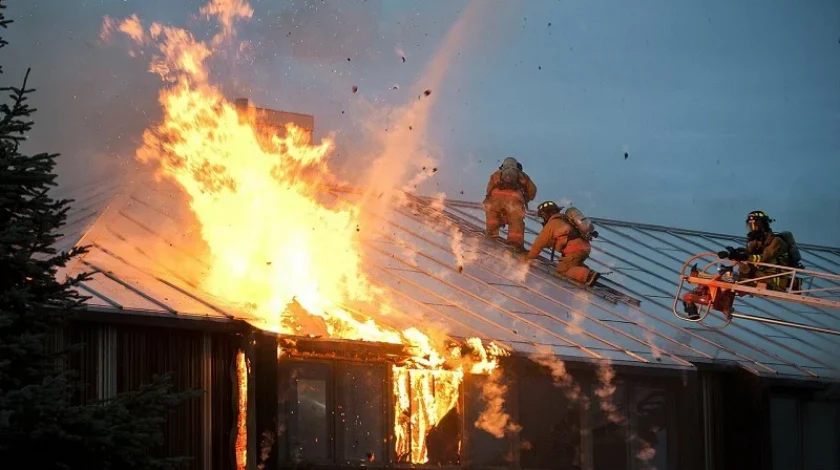The recent fire in Milan caused by combustible cladding reiterates the ongoing dangers of delays in remedying the issues.
It has been almost seven (7) years since the fire in Melbourne’s Lacrosse apartment revealed the dangers of high-risk combustible claddings. In response, the New South Wales Government introduced the Building Products (Safety) Act 2017 (NSW) (the Act) to prevent the unsafe use of building projects and provide for rectification. There has since been a number of changes to alleviate the issue further.
Earlier this year, the NSW Government announced ‘Project Remediate’, a three (3) year program to help remove combustible on an estimated 225 residential buildings across NSW by the year 2023.
The proposal was to boost the construction industry while alleviating the risks associated with flammable cladding.
However, COVID-19 and the state-wide lockdown has delayed the Project.
How does ‘Project Remediate’ assist Owners Corporation?
Under the proposal, eligible residential building owners will be assisted through:
- provision of interest-free loans over a ten (10) year period with repayment to commence upon completion of the work; and
- Project management service to provide technical and practical support to building owners from design to final completion.
Eligible strata communities can register their interest in Project Remediate by 30 September 2021.
Can Owners Corporation make a claim for the breach of statutory warranty?
In April 2018, section 68A of the Home Building Regulation was introduced to classify defective cladding as a ‘major defect’ under the Home Building Act 1989. This allows Owners Corporation to commence proceedings within six (6) years from the completion of works (Statutory Warranty). It is important to note, clause 69A has limited retrospective effect and only applies residential buildings if:
- Warranty period has not yet commenced; or
- Period in which proceeding could have been taken for breach of warranty has not already expired before 20 April 2018.
What about buildings that are not residential apartments?
The Building Products (Safety) Act 2017 (NSW) operates retrospectively (new and existing building) to the following building types that are two or more storeys:
- Residential apartment building;
- Other types of residential building where people sleep (i.e. hotels, boarding houses etc)
- Aged-care buildings, hospitals, day surgeries (including any associated dwelling within);
- Public assembly building (i.e. theatres, schools, churches and any associated dwelling within).
There has been several non-residential buildings that have received Fire Safety Orders by relevant authorities to enforce the fire safety provisions of the Environmental Planning and Assessment legislation, including the recent Order issued to the University of Technology’s award-winning building with ‘binary screen’.
It is also important to note that the Environmental Planning and Assessment Amendment (Identification of Buildings with External Combustible Cladding) Regulation 2018 imposes an obligation to register owners of certain buildings with external combustible cladding to register their building with the NSW Government through the simple, user friendly NSW Cladding Registration portal.
Are there any other potential claims available?
Where you exhaust the above avenues, depending on the circumstances, claims may be available under Contract, Australian Consumer Law and Civil Liability Act 2002 for professional negligence against various parties such as the Builder, Manufacturer, Suppliers, Certifier, or Architect.
For more information on the ban on combustible cladding, the impact and liability, click here.
If you are an Owners, Builder, Supplier, Installer, Certifier or Architect and you have concerns about issues of potential liability / claim or a need to replace the combustible cladding generally, please do not hesitate to reach out to our Building & Construction Team, who are highly experienced with matters relating to combustible cladding.














